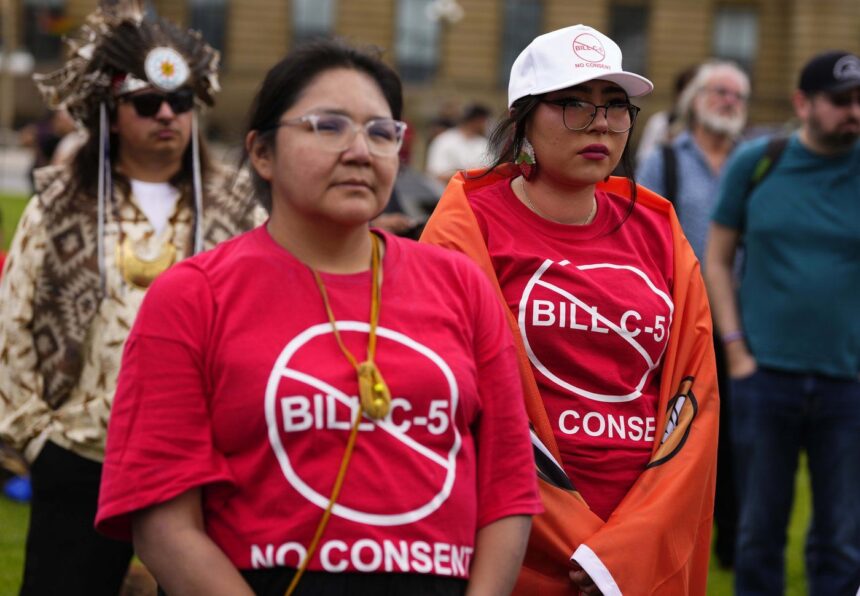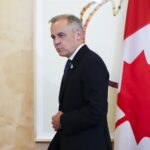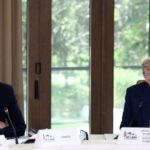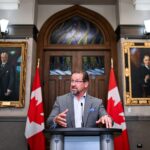In a significant escalation of tensions between First Nations leadership and the federal government, Ontario regional chiefs are mounting a robust challenge against Ottawa’s approach to critical infrastructure legislation. The dispute centers on what Indigenous leaders describe as a fundamental breakdown in the consultation process, threatening to derail progress on essential community projects across the province.
“What we’re witnessing is not consultation—it’s notification,” stated Grand Chief Alvin Fiddler of Nishnawbe Aski Nation during Tuesday’s emergency assembly in Thunder Bay. “The federal government continues to develop frameworks that directly impact our communities without meaningful engagement on our terms.”
At issue is the proposed First Nations Infrastructure Framework Act, legislation that would reshape how capital projects on reserves receive funding and approval. Chiefs from Ontario’s 133 First Nations communities have united in opposition to what they characterize as a unilateral approach by federal officials that undermines Indigenous sovereignty and treaty rights.
Documents obtained by CO24 reveal that despite federal claims of extensive consultation, only seven of Ontario’s First Nations communities participated in official feedback sessions. Indigenous Services Minister Patty Hajdu’s office maintains that digital outreach and regional forums provided adequate opportunities for input, an assertion Ontario regional chiefs categorically reject.
“This legislation fundamentally alters the relationship between our nations and the Crown,” explained Chief Melvin Hardy of Biinjitiwaabik Zaaging Anishinaabek. “Yet we’re expected to provide meaningful feedback on complex policy frameworks with unreasonable timelines and insufficient resources to properly analyze their implications.”
The dispute occurs against a backdrop of infrastructure deficits estimated at over $30 billion across First Nations communities nationwide. According to a 2023 Parliamentary Budget Office analysis, approximately 43% of on-reserve water systems remain at elevated risk, while housing shortages have reached crisis levels in numerous communities.
Economic implications stretch beyond reserve boundaries, with the Conference Board of Canada projecting that closing the infrastructure gap could generate $27.7 billion in economic activity while creating sustainable employment opportunities in historically marginalized regions.
Thursday’s scheduled high-level meeting between regional chiefs and federal representatives has become a flashpoint, with Indigenous leaders threatening to withdraw from the process entirely unless fundamental changes to the consultation approach are implemented immediately.
“The current trajectory isn’t just problematic—it’s potentially illegal,” noted Jessica Vanderveen, Indigenous law specialist at Osgoode Hall. “The Crown’s duty to consult has been repeatedly affirmed by the Supreme Court, and current practices appear to fall well short of established standards.”
For communities like Attawapiskat First Nation, where infrastructure challenges have repeatedly triggered states of emergency, the legislative framework represents more than abstract policy—it determines whether basic necessities like clean water and safe housing become accessible.
“We’ve experienced the consequences of policies developed without our participation for generations,” Chief David Nakogee told CO24. “This isn’t about consultation processes or bureaucratic procedures—it’s about our children’s future and our nations’ survival.”
As tensions escalate, both federal and provincial officials face mounting pressure to recalibrate their approach to Indigenous relations. The dispute highlights a fundamental question that continues to shape Canada’s reconciliation journey: can meaningful nation-to-nation relationships be built when one party consistently determines the terms of engagement?
























